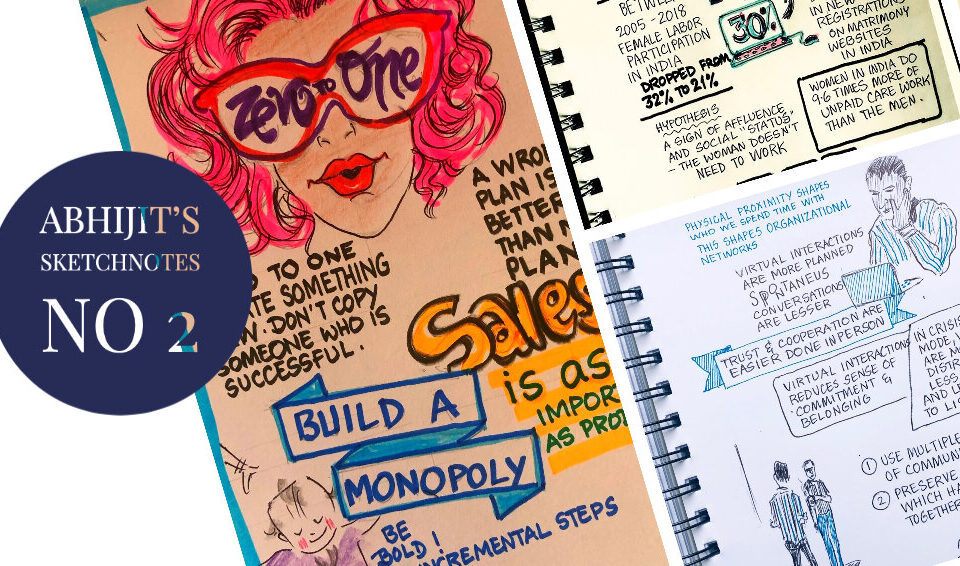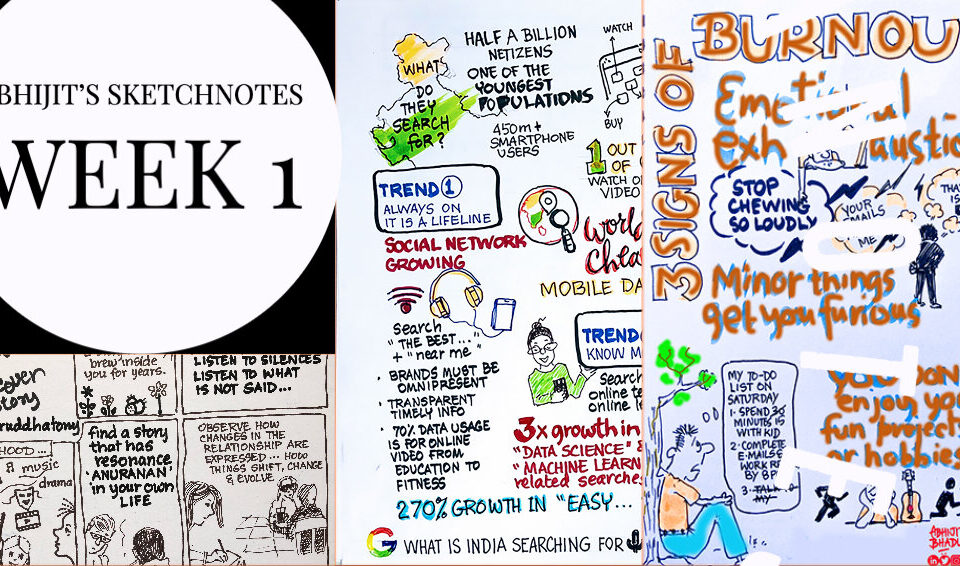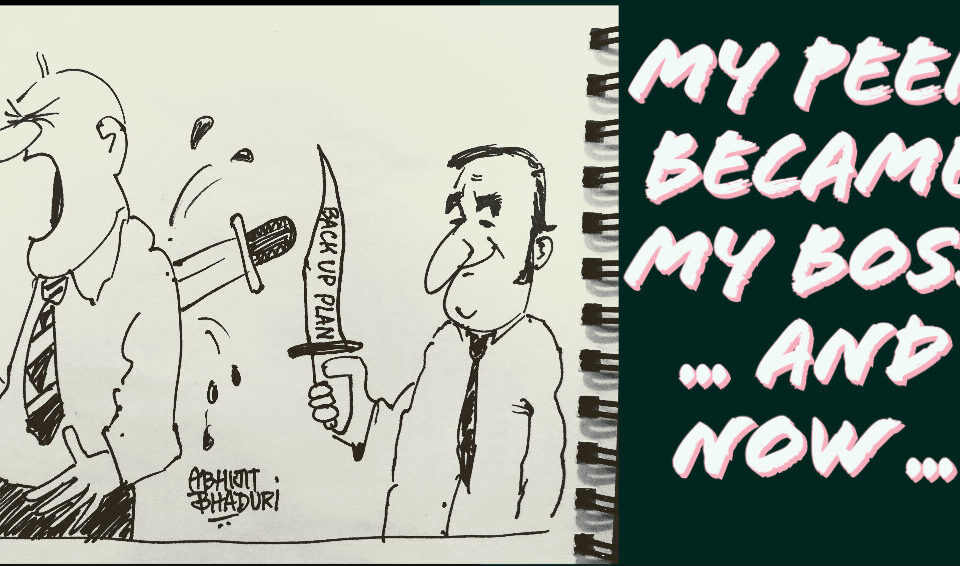The most fascinating story of the week is clearly how Steve Jobs got 219 patents AFTER he died. How did that even happen? Jobs got 620 patents in his life time. And then there is a story about how trust between colleagues takes a beating when you do not meet in person. Yes Zoom does not cut it. It is efficient but does not build trust.
How do you learn a skill which is not yet being taught in a college & has no standard curriculum? Would you like to have job where you are highly satisfied? Of course yes… but you may be paying a price for that. Why 5GB of data storage would have been a disaster. All these in this week’s newsletter.
Tesla creates a “digital twin” of every car they sell. Data from the real car is sent to the digital twin in the Tesla office. It lets Tesla update the software in a car remotely even as it is being driven. Singapore city has a digital twin to help plan its services. Should humans have digital twins? Celebs are creating their own digital twins. Should you? But first, do you really want passionate people when you hire? And if you are a passionate person, can you monetise your uniqueness?
Do you hate selling your ideas through video calls? All of us now run meetings, give presentations and even sell ideas through video-conferences. People simply take whatever they would have done in person and present it through the camera. Teachers across the world are offering their classes online. That experience of learning online through videos is so bad that several students plan to defer their admission to next year when they can attend classes in person.
Most online classes are excruciatingly boring because they have the speaker continue for long stretches without involving participants. This can be done through polls, parallel chats, drawings, videos, quizzes, built in every few minutes. It is hard for the speaker to see the facial expressions of the learner. That is essential to build engagement.
Comfort-food is a stress reliever. We throw caution to the winds and indulge in a routine that brings back memories of happy times and nostalgia. Friends and loved ones renew our faith. For some turning to religion is reassuring. Routines build a sequence that we know and have done before. Routines are necessary for mental health during times of stress and uncertainty. 5 Ideas you can use
I always believe that a transition is like the trapeze act you may have seen. When a performer releases the bar and is caught by another performer, the "catcher," who hangs by his or her knees on another trapeze. After the first performer leaves the trapeze bar and is held by the colleague, for a brief period of time the performer is in mid-air without any support. Transitions are like that in-between moment. They are scary but manageable.
I had taken a sabbatical of 2 1/2 years due to medical reasons. I resumed work after full recovery. on my return, I am being treated differently by my coworkers and managers, who think I am still unfit. I’m not given key assignments. And whenever some crucial work comes my way, it is on sympathetic grounds. Even if they involve me in certain activities, it’s merely a formality. I feel very isolated. What should I do to ensure my career get a boost and I am treated equally at the workplace?
